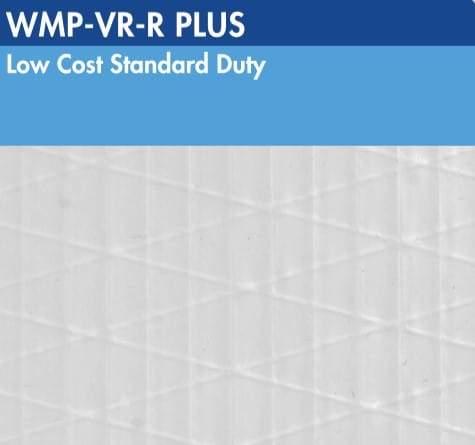When you’re on the lookout for fiberglass insulation to purchase, it’s paramount to consider several key aspects. First, consider the specific needs of your space. This includes factors such as the typical temperature and humidity levels in your area, as well as how well your building is already insulated. Next, consider your budget. Fiberglass insulation varies in cost depending on factors such as its R-value and the size of the roll or batt. Understanding your financial limits can help you narrow down your options and make an informed decision.
Understanding and Selecting the Ideal R-Value Yet another crucial factor is understanding the R-value. In layman’s terms, the R-value measures thermal resistance — that is, how well a material can resist heat flow. The higher the R-value, the better the insulation’s thermal performance. Deciding on the right R-value depends on various factors such as your climate, your home’s age, and whether it’s detached or semi-detached.
Tailoring Your Purchase:
Factors to Revisit After considering the basic parameters, you’ll want to circle back and ensure you’ve evaluated every angle before making your purchase. Revisit a few key factors specific to your needs, including the size of the area you want to insulate and the level of soundproofing you require. Remember, fiberglass insulation not only offers thermal benefits but also helps reduce noise transmission between rooms and floors in a building.
The Advantages of Fiberglass Insulation
When it comes to selecting a suitable material for your building insulation, fiberglass stands out amongst its competitors. This performance-based material is popular for a multitude of reasons. First off, fiberglass has excellent thermal performance due to its high thermally resistant property, ensuring excellent insulation and enhancing your home’s energy efficiency. Not to mention, it’s relatively inexpensive compared to other insulation materials on the market. In addition to thermal benefits, fiberglass insulation also offers sound-dampening properties. This can considerably reduce noise transmission between rooms and floors in a building, providing you with a peaceful environment. Lastly, you’ll be pleased to know that fiberglass insulation is fire-resistant, contributing to the safety of your home by reducing the spread of flames in the event of a fire.
Things to Ponder Over When Purchasing Fiberglass Insulation
Before you proceed with your purchase, there are several factors that you must pay extra attention to. This list includes the size of the area you want to insulate, your home’s age, whether it’s detached or semi-detached, and the climate of your area. These factors significantly influence the effectiveness of insulation and could affect the R-value you should be aiming for.
Choosing the Appropriate R-Value
Understanding the R-value is integral to choosing the right fiberglass insulation. Speaking, the R-value measures how well a material can resist heat flow — the higher the R-value, the better the material’s thermal performance. Your choice of the R-value for insulation should primarily depend on your region’s climate, your building’s age, and whether it’s detached or connected to other buildings.
Refining Your Purchase Decision:
Aspects to Reconsider Once you’ve covered the basics, it’s imperative to circle back and reassess your evaluation to ensure a well-informed purchase. Pay a visit to some critical factors such as the size of the region you’re insulating and soundproofing needs. Always bear in mind that fiberglass insulation benefits extend beyond thermal insulation to noise reduction.
The Unequaled Benefits of Fiberglass Insulation
Immerse yourself in the world of insulation, and one name pops up time and time again – fiberglass. Noted for its distinct advantages, fiberglass insulation is a popular choice among homeowners and builders alike. Why, you ask? To begin with, fiberglass insulation boasts excellent thermal performance. It excels at slowing down the rate of heat transfer, helping to keep your living spaces comfortable all year round. This can lead to substantial energy savings, thus reducing your carbon footprint and your utility bills. Furthermore, it’s cost-effective. Compared to other types of insulation, fiberglass offers a high-end performance at a relatively lower cost. This makes it an attractive option if you’re working within a tight budget yet can’t compromise on quality. But there’s more. Fiberglass insulation is non-combustible, making it a safe choice for your homes and buildings. It doesn’t absorb moisture, which can help prevent problems such as mold growth and damage to structures. Lastly, did we mention that it’s a sound inhibitor? That’s right. Fiberglass insulation also contributes to a quieter, more peaceful indoor environment by minimizing noise transmission between rooms and floors in a building.

